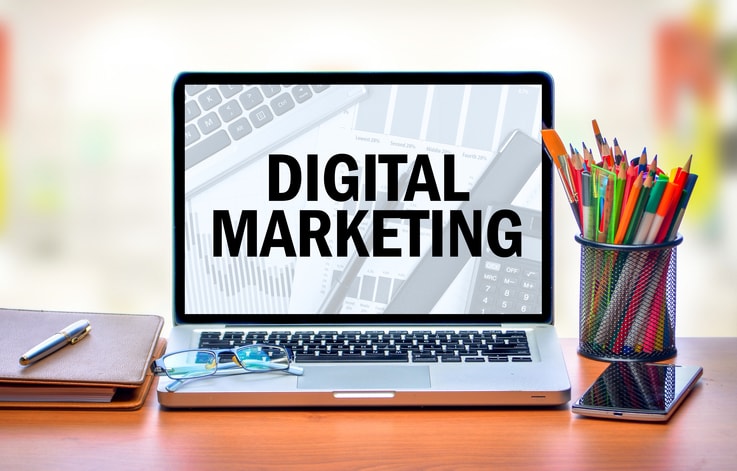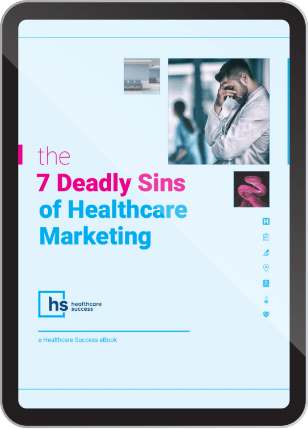Ten Reasons Why Digital Marketing is First for Hospitals and Doctors
 [Part One in a Series] Right up front, it’s fair to say that there are some exceptions to this overview lesson about digital marketing. In fact, a full-service, integrated healthcare agency brings marketing and advertising savvy and experience to direct a comprehensive, digital-driven plan that attracts and retains new patients.
[Part One in a Series] Right up front, it’s fair to say that there are some exceptions to this overview lesson about digital marketing. In fact, a full-service, integrated healthcare agency brings marketing and advertising savvy and experience to direct a comprehensive, digital-driven plan that attracts and retains new patients.
That said, digital is (almost) always the first and most effective marketing power tool. If it were possible to reach prospective patients anywhere or anytime—doing what worked yesterday—everyone would still be doing the same old thing. Instead, here are some of the important reasons that digital delivers ROI for hospital and medical practice marketing:
#1: Prospective patients live in a digital world. As the saying goes, success is a matter of fishing where the fish are…and, in a digital age, that means online. Virtually all health care needs—those that lead to a doctor or hospital selection—begin with online searches and research (80 percent).
#2: Almost half of US users (44 percent) search for info about doctors and other providers. Health info is the third most popular online search activity. Overall, more people use the Internet for health topics than they do for social media or YouTube.
#3: Better than half of Internet users connect by way of a mobile device. This fact is why Google requires websites to be responsive. They are able to detect the type of device that the user has and presents information in the proper format. What’s more, Google may adjust the page rank of a website if it is, or isn’t, responsive in design.
#4: Growth categories are mobile and tablet devices. Familiar laptop and desktop use have increased only slightly. Millennials, the largest audience group, expects immediate answers--most commonly by way of their mobile device.
#5: Digital metrics are powerful and accurate. It is significantly faster to mount a digital campaign and to quickly realize trackable and significant response.
#6: Email marketing is a versatile digital tool. It can easily be shaped for purpose and format, able to be personalized for focused impact, and inexpensive to use.
#7: Digital marketing and digital advertising tools can be highly localized. This capability is extremely important in targeting cities, suburban areas and specific
healthcare markets's territories. This feature means effective use of marketing budgets, reaching specific target audiences.
#8: Better than 90 percent of prospective patients look at hospital reputation. Digital tools provide shape and direction for professional reputation. The online reputation of the facility, medical practices and physicians strongly influence the decision and selection process.
#9: Internet users are a college educated audience. Over 75 percent of college grad internet users search for information about a health or medical issues. Nearly 70 percent of college graduate users search for treatment or procedure information. And about 50 percent of college users want information regarding specific doctors, and certain hospitals or healthcare facilities.
#10: Change is the only constant in healthcare and Digital Marketing. The rapid changes in society, the Internet and in healthcare delivery are nonstop. Only digital marketing and advertising tools are versatile, flexible and responsive enough to keep pace, and continue to deliver effective marketing results.
In order for any hospital, group medical practice or for healthcare providers to effectively compete in this rapidly changing landscape—to reach, attract and retain new patients and cases—they need to work with the newest digital tools. Online marketing, digital advertising, social media platforms and other technology tools reach and engage today’s audience. What’s more, these ever-present tools are sophisticated and highly effective.








